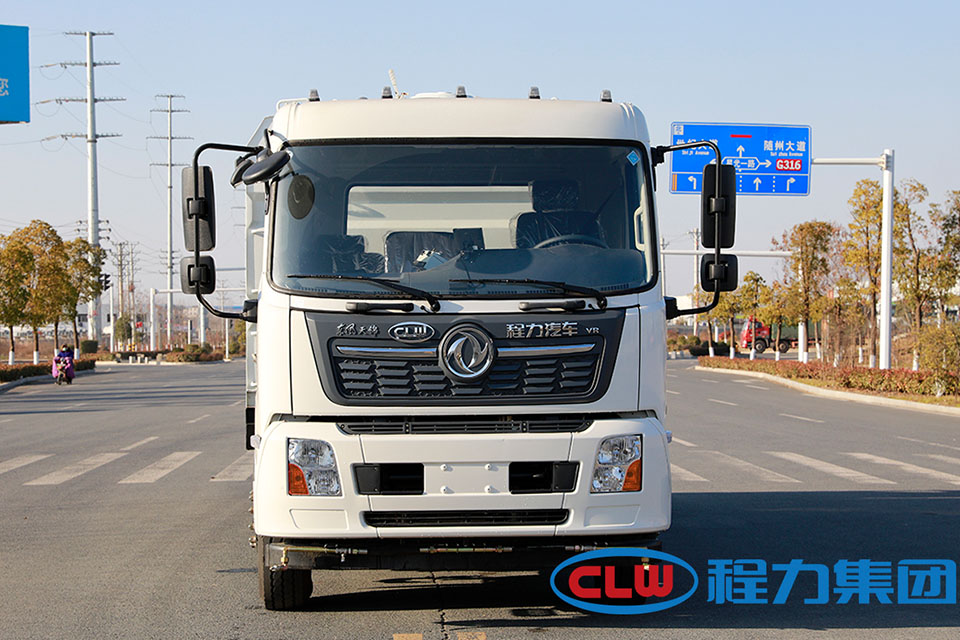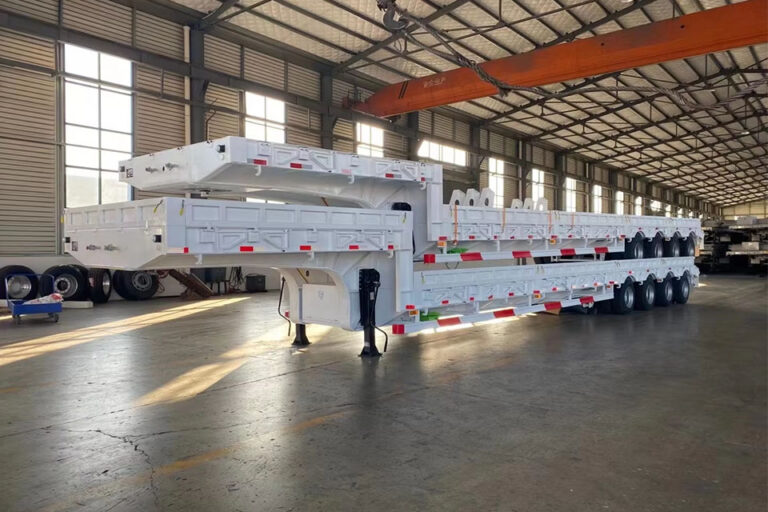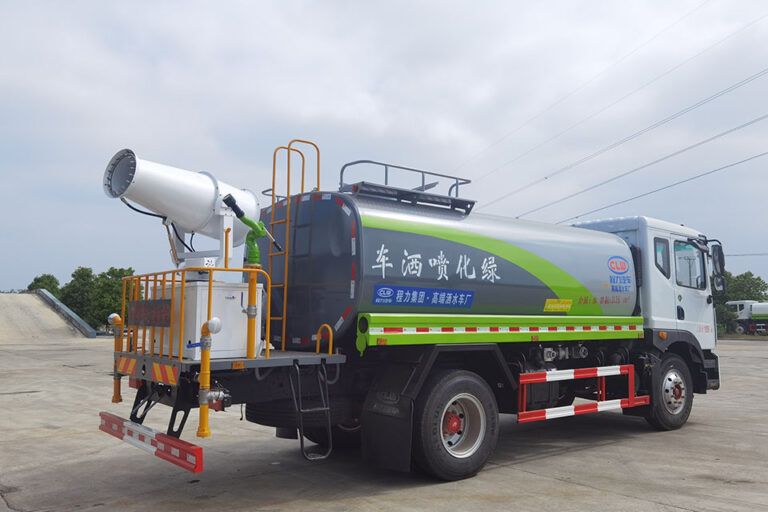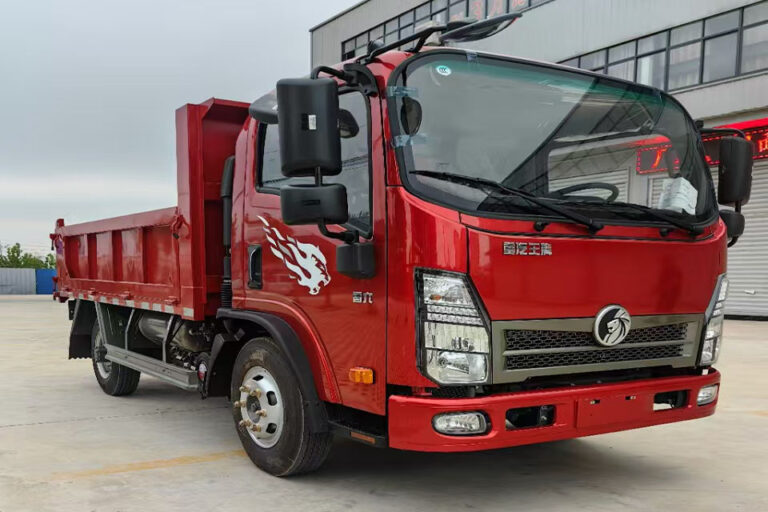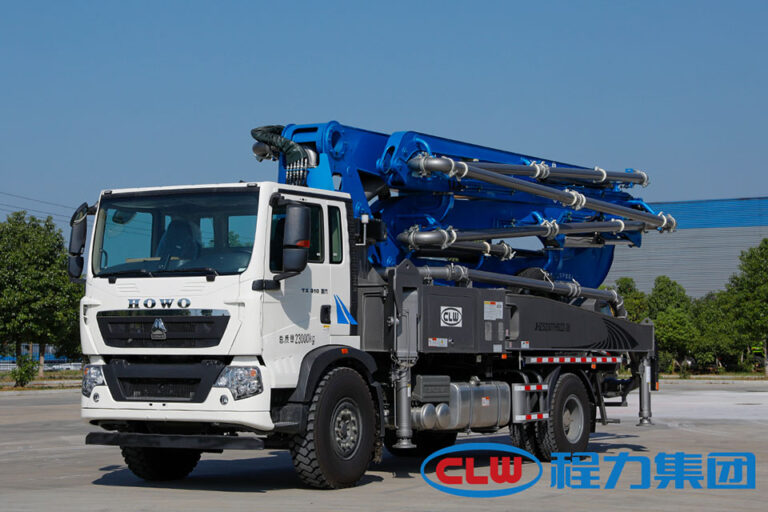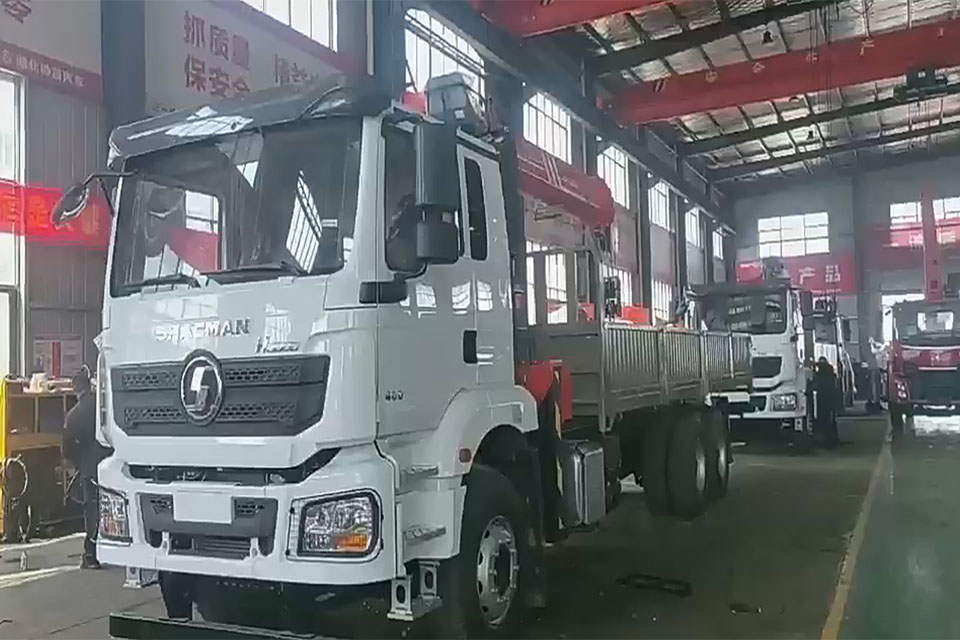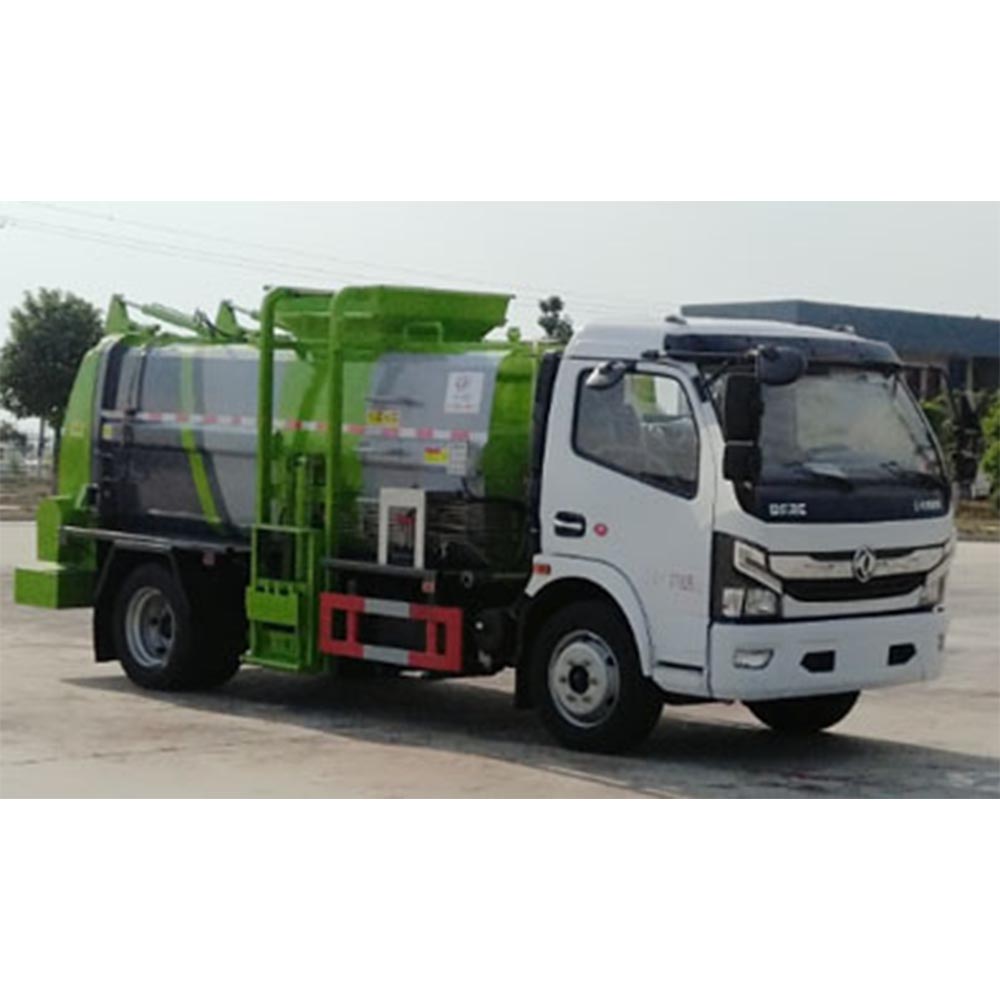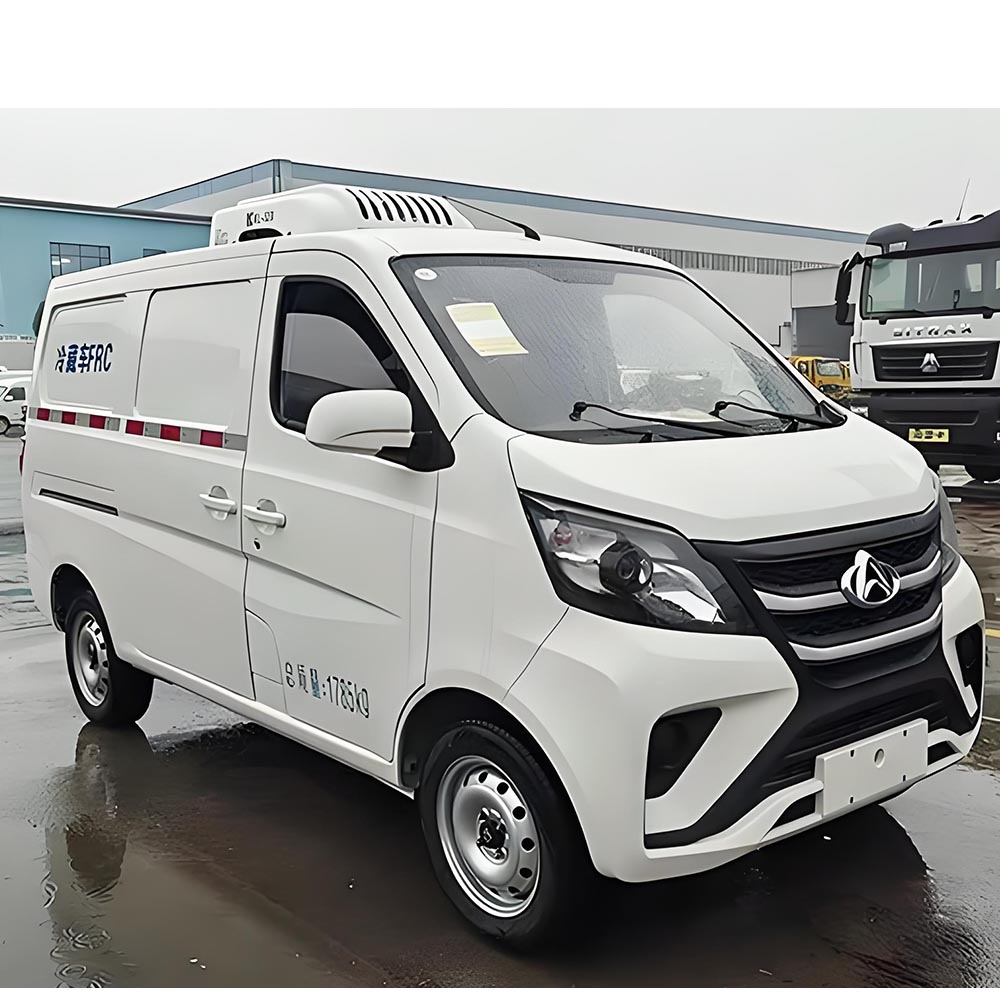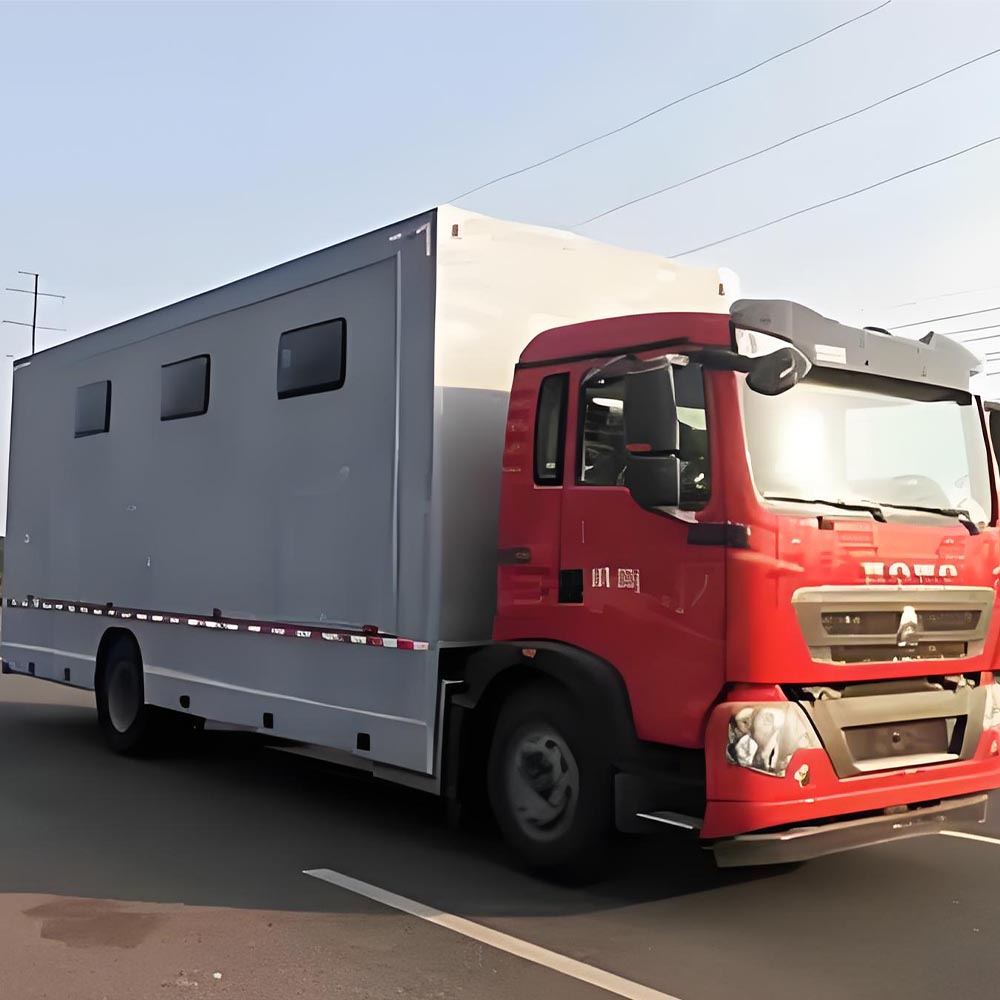-
Chengli Automobile Industry Park
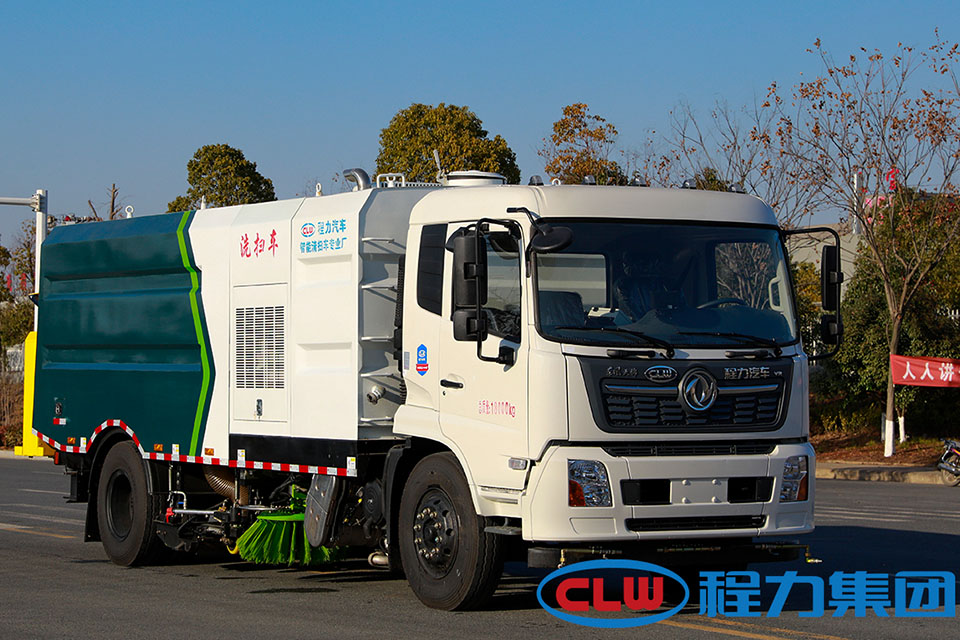
Crash cushion vehicle
Crash Cushion Vehicles: Keeping Roads Safe in 2025
Road safety is a big deal. One way to keep roads safe is to use crash cushion vehicles. These special trucks help stop crashes from being bad. Let’s learn all about them!
Table of Contents
What Is a Crash Cushion Vehicle?
A crash cushion vehicle is a special truck that has safety gear on it. This gear can stop a car that might hit a work zone or a fixed object like a pole. The cushion soaks up the hit so people don’t get hurt as much.
These trucks are also called:
- Impact attenuator trucks
- TMA trucks (Truck Mounted Attenuators)
- Shadow vehicles
- Crash trucks
- Safety trucks
CLW Group Overview
Global Reach
Exports to 50+ countries
Key Strengths
Brand Influence
Well-known “CLW” trademark
Why We Need Crash Cushion Vehicles
Did you know that 30% of all run-off-road deaths happen when cars hit hard things like poles or trees? That’s a lot! Crash cushions help make these hits less bad.
Think of a crash cushion like a big pillow on the back of a truck. When a car hits it, the pillow soaks up the hit so the car slows down in a safe way.
Types of Crash Cushion Systems
There are a few main types of crash cushions:
1. Non-Redirective Cushions
These don’t try to change where the car goes after a hit. They just soak up the energy.
The SLED (Sentry Longitudinal Energy Dissipater) is a good example. It:
- Uses water to soak up energy
- Is narrow in design
- Has four steel cables inside that wrap around the hitting car
- Can work with many barrier types (concrete, steel, plastic)
2. Redirective Cushions
These help guide cars away from danger after a hit.
The TAU-M Crash Cushion is one type that:
- Meets MASH TL-3 and TL-2 testing rules
- Can be partly used again after a hit
- Works on concrete and asphalt
- Can shield things up to 30 inches (760 mm) wide
3. Water-Filled Systems
These use water to soak up crash energy.
The ABSORB-M system is:
- The shortest MASH TL-3 non-redirective crash cushion (21 feet)
- Just 24 inches (61 cm) wide
- Easy to set up and take down
- Good for tight spaces
Crash Cushion Market Data
The crash cushion market is growing fast:
| Year | Market Value |
|---|---|
| 2019 | $920 million |
| 2033 | $1,821 million |
That’s a 7.5% growth rate each year from 2025-2033!
Important Safety Standards
Crash cushions must pass tough tests:
- MASH TL-3: For high-speed roads (62+ mph)
- MASH TL-2: For medium-speed roads
- MASH TL-1: For low-speed roads
These tests check if the cushions can stop big trucks (15,000+ pounds) in a safe way.
Real-World Case Studies
Case Study 1: Impact Tracking System
The Sentinel Impact Tracker is a new tool that:
- Tells workers when a crash happens
- Helps them come fast to help
- Saves lives with quick action
Case Study 2: 2025 FREIGHTLINER M2 106
This new attenuator truck model for 2025:
- Has better crash cushions
- Works as a good “shadow vehicle” in work zones
- Helps keep workers safe
Case Study 3: Cost Savings
The Delta TL2+ impact attenuator:
- Costs less while still being strong
- Has smart design that saves money
- Is built to last a long time
Benefits of Crash Cushion Vehicles
Crash cushion vehicles offer many good things:
- Save Lives: They reduce how badly people get hurt in crashes
- Protect Workers: They keep road workers safe
- Prevent Secondary Crashes: They help stop more crashes after the first one
- Reduce Road Damage: They stop cars from hitting fixed objects
- Save Money: They cost less than dealing with bad crashes
How Crash Cushions Work
Crash cushions work in two main ways:
Energy Absorption
When a car hits the cushion, the cushion:
- Takes in the crash energy
- Slows the car down slowly, not all at once
- Keeps the people inside from getting hurt too much
Vehicle Redirection
Some cushions also:
- Guide the car away from danger
- Help the driver keep control
- Stop the car from hitting other things
Popular Crash Cushion Products
Here are some top crash cushion systems used today:
- SLED System: Water-filled, no need for anchoring, works with many barrier types
- TAU-M: Can be used again after some hits, meets top safety rules
- ABSORB-M: The shortest in its class, easy to move, good for tight spots
- Big Sandy Crash Barrels: Sand-filled barrels that stop cars in a safe way
Choosing the Right Crash Cushion Vehicle
When picking a crash cushion vehicle, think about:
- Road Speed: Higher speeds need stronger cushions
- Space: Tight spots need narrow systems like ABSORB-M
- Setup Time: Some jobs need quick setup systems
- Reuse: Some can be used again after a hit
- Weather: Some work better in rain or snow
Future of Crash Cushion Technology
The future looks bright for crash cushion vehicles:
- Smart Sensors: New cushions will have sensors to tell when they get hit
- Data Collection: They will gather info to make roads safer
- Better Materials: New stuff will make them stronger but lighter
- Self-Fixing: Some might fix themselves after small hits
- Green Design: More will be made from recycled materials
Using Crash Cushions in Road Work
Road work zones are dangerous places. That’s why many use Mobile Impact Protection Trucks to keep workers safe.
These trucks:
- Park behind work crews
- Have bright lights so cars can see them
- Use crash cushions to stop any car that might hit the work zone
Special Types of Safety Vehicles
Besides crash cushion vehicles, other trucks help keep roads safe too:
- Road Maintenance Vehicles fix roads to prevent crashes
- Crash Attenuator Safety Trucks have special cushions made just for road work
- Emergency Rescue Fire Trucks help when crashes do happen
Cost of Crash Cushion Vehicles
How much do these trucks cost? Here’s a simple breakdown:
| Type | Price Range | Best For |
|---|---|---|
| Basic TMA | $20,000 – $50,000 | Lower speed roads |
| Full Attenuator Truck | $100,000 – $250,000 | Highways |
| Special Water-Filled | $5,000 – $20,000 | Temporary work |
Wrap-Up: Why Crash Cushion Vehicles Matter
Crash cushion vehicles save lives. They stop bad crashes from being worse. As roads get busier, we need these trucks more and more.
The next time you see a crash truck on the road, you’ll know it’s there to keep everyone safe!
Learn More About Road Safety
Want to learn more? Check out these helpful links:
- Highway and Street Maintenance Truck info
- All about Mobile Impact Protection
- Emergency Rescue Fire Truck details
